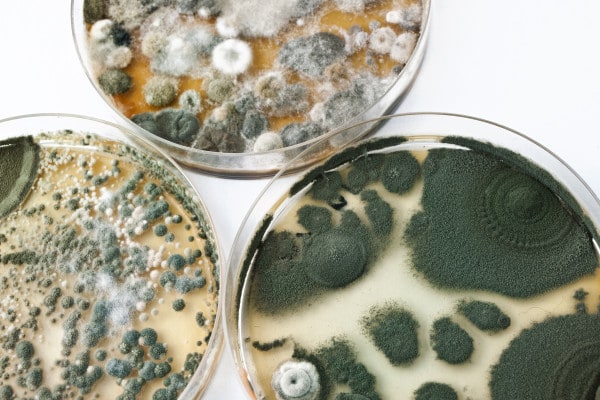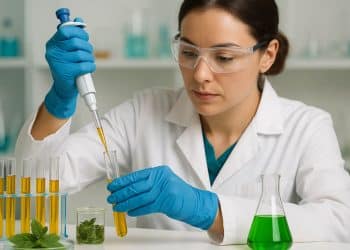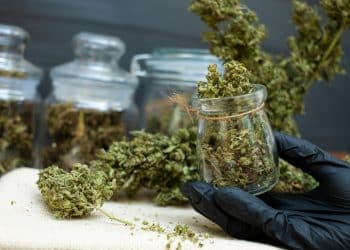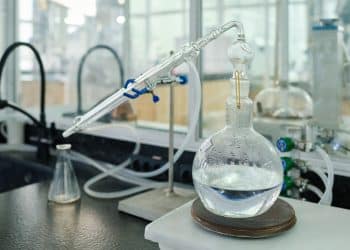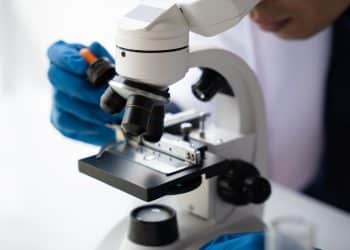Mycotoxins are pharmacologically active metabolites that are born out of fungi. Some mycotoxins are used to produce antibiotics. Other mycotoxins are more sinister, causing death and disease and are used in chemical warfare. [1]
Fungal contaminationhas been well-studied in the consumer food industry due to an annual 128,000 hospitalizations resulting from foodborne illness. These fungal contaminants can also be found in cannabis flowers. If contaminated flower is used to produce any cannabis-derived products such as concentrates or edibles, the risks to consumers can be severe. In one test, six out of seventeen cannabis samples tested positive for mold and yeast. [2]It’s unsettling to think that these toxins could be lurking on cannabis flowers to be ingested.
As more states legalize cannabis and develop their markets, regulations for safety and testing are being implemented. Unfortunately, the methods for killing contaminants outlined in the regulations are not always effective at eliminating mycotoxins.
Cases of cannabis smokers with impaired immune systems developing pulmonary Aspergillosis from smoking contaminated cannabis have been reported. [3] This is a critical issue for medical cannabis users and the industry as a whole. Once someone becomes sick from mycotoxins, they develop an allergic response and get exponentially more sick each time they’re exposed to the toxin.
Mycotoxins can be found in cannabis concentrates too. If the plants used to make concentrates were infested with mycotoxins, the toxins can be co-extracted into the end products. With consumer safety regulations failing to match the risks, cannabis cultivators have to exceed what their state requires of them for analytical testing and producing safe and sanitary products.
If you enjoy cannabis or cannabis-derived products, it is critical to your health to inquire whether the products have been specifically tested for mycotoxins. This is especially essential if consuming cannabis for medical purposes, since contaminated products can obviously have deleterious effects on one’s health, potentially nullifying any benefits an unpolluted plant would have offered.
References:
- Bennett, JW, and Klich, M. “Mycotoxins”,Clinical Microbiology Reviews, 2003,6(3):497-516.
- McKernan, K, et al. “Cannabis Microbiome Sequencing Reveals Several Mycotoxic Fungi Native to Dispensary Grade Cannabis Flowers”,F1000Research,2015,4:1422.
- Ruchlemer, R, et al. “Inhaled medicinal cannabis and the immuno compromised patient”,Support Care Cancer. 2015,23(3):819-22.
